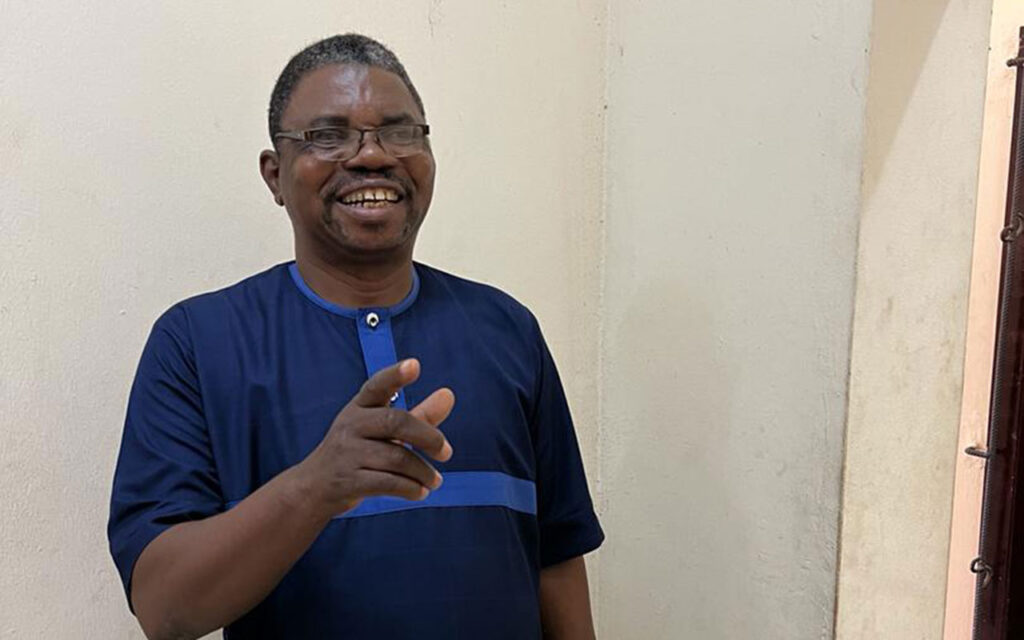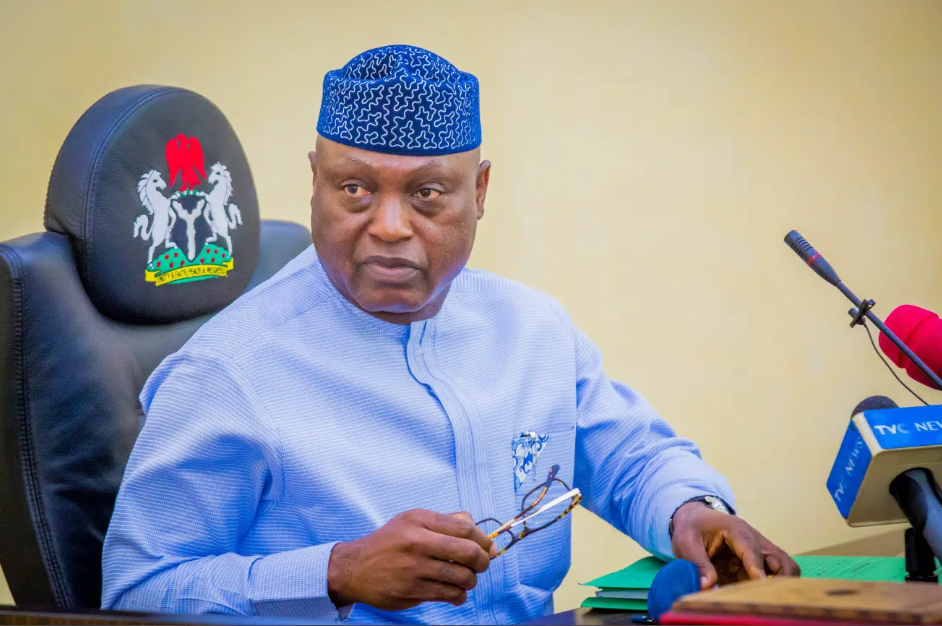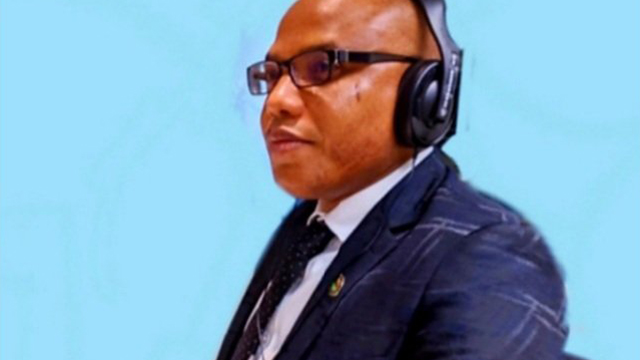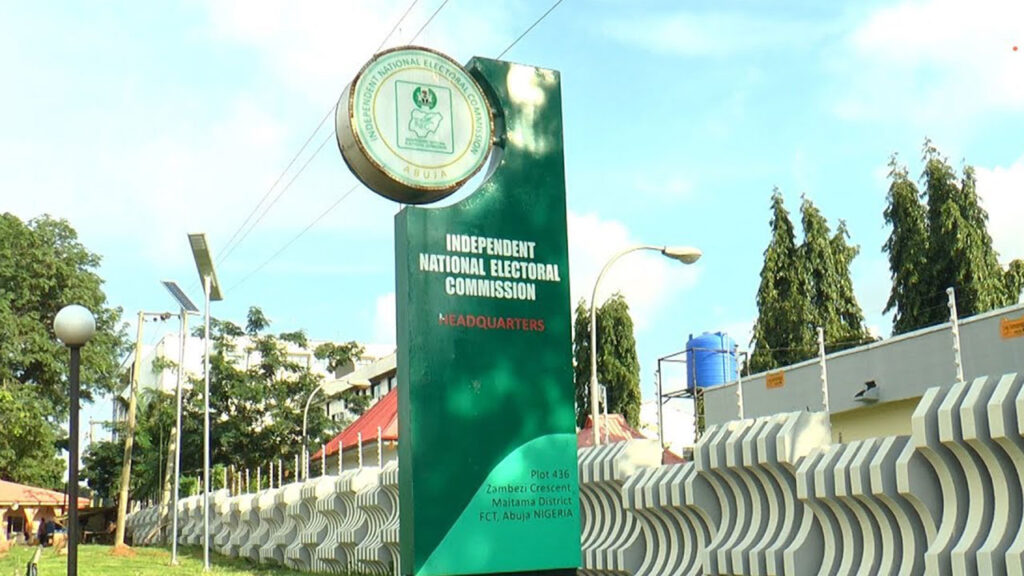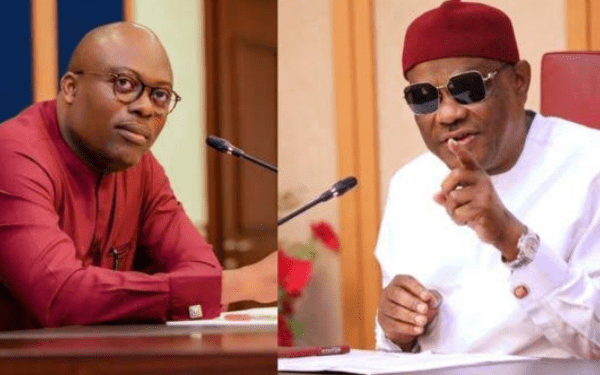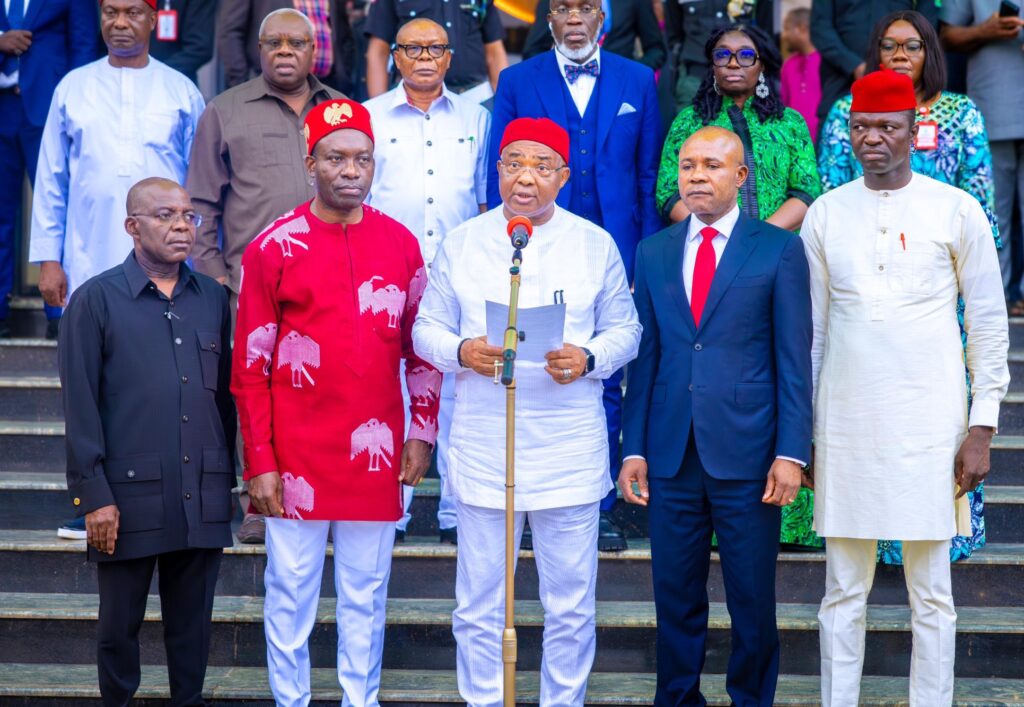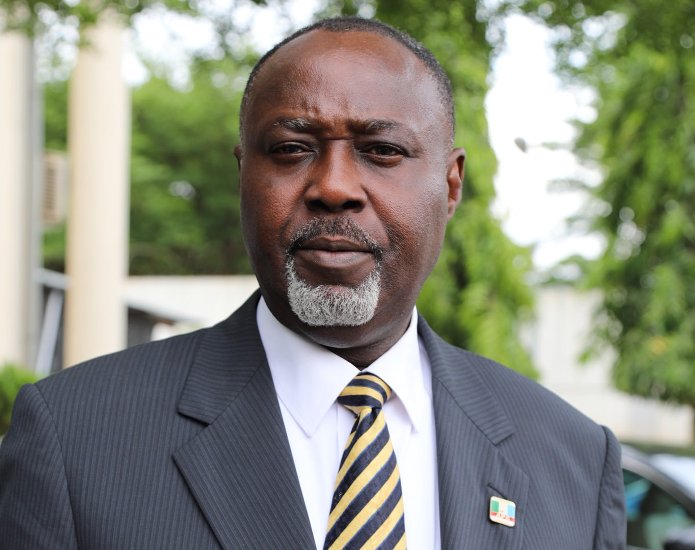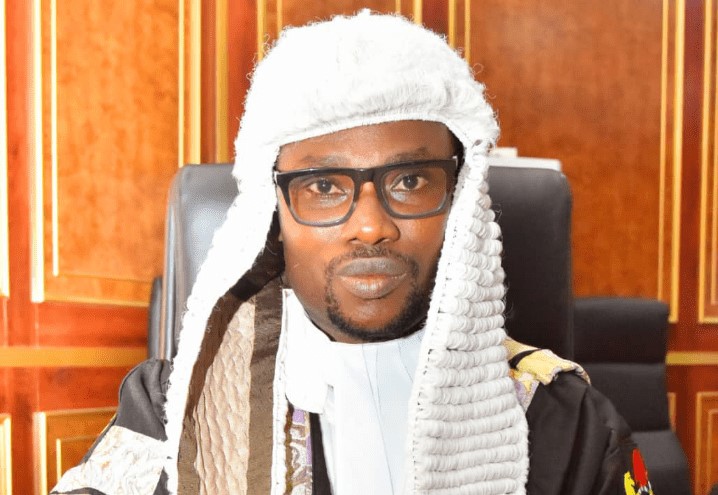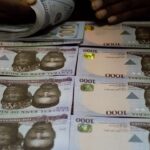
Dr. ’Tayo Popoola is an Associate Professor at the Department of Mass Communication, University of Lagos, Akoka. In this interview with ONYEDIKA AGBEDO, the scholar of political communication, speaks on the state of the nation. He attributes the tension in the country over the two major policies of the President Bola Ahmed Tinubu administration – petrol subsidy removal and floating of the naira – to poor communication approaches, saying the government ought to have carried the citizenry along before announcing the policies.
How would you comment on the state of affairs in the country at the moment from the point of view of a political communication scholar?
There is tension across the land. Even within the government there is tension; within the citizenry, there is tension; in every sector of the society there is tension. And the tension is occasioned by government policies that led to the withdrawal of petrol subsidies. That is the main factor, coupled with the exchange rate crisis.
Over the years, we were proud to say we operate a monolithic economy. It’s not good; it’s not in our interest. Nigeria used to be a society thriving in the production of agricultural produce. We equally earned a lot of foreign exchange from agricultural produce especially from cocoa, coffee and so and so forth. Now, we are only a country relying solely on oil; that has put the country in a bad shape; it has put the economy under heavy burden.
So, if we must change the narrative, we have to go back to agriculture. You will agree with me that across the world, agriculture is the engine boat of industrialisation, because the agric sector produces the raw materials for the industries. So, if the agric sector is troubled, invariably the industrial sector will be troubled. We were growing curtains in the past; very close to your office in Lagos we had ASWANI. You know what led to the disappearance of ASWANI from the Nigerian economic space. How many of all those companies producing cocoa products are still available when we are no longer producing cocoa in the country? So, we must go back to agriculture in order to reflate the economy. The economy is depleted. We need to reflate it and the best way to go about it is through the agric sector.
You identified two government policies – petrol subsidy removal and floating of the naira – as the cause of the pains Nigerians are passing through currently. Is it that these policies are ill-timed or they are poorly communicated, hence the outcry against them by the citizenry?
As a political communication scholar, the two policies are both ill-timed and poorly communicated. How can you just during the swearing in ceremony, when the citizens were expecting you to deliver a speech of hope, announce that there is no more subsidy? The President’s campaign slogan was anchored on hope.
Don’t forget that we had that of MKO Abiola in 1993; his campaign programme was ‘Hope ’93’. Then in 2023, President Tinubu came up with ‘Renewed Hope’. So, people were looking forward to a speech in that direction. He could have noted that the people had lost hope since the annulment of June 12, 1993, presidential election and then digressed into some of the problems that arose as a result of that before going ahead to reassure Nigerians that a part and parcel of that Hope ’93 campaign that produced Abiola and as part of the people that drafted the manifesto of the defunct Social Democratic Party (PDP), the hope was still intact as his government would bring succour and smiles on the faces of the masses. That was the kind of speech I was expecting as a political communication scholar. But he didn’t do that; he just said like a military guy that fuel subsidy is gone. None even the military administration would do that without consulting with the citizenry.
This is a country that is operating a monolithic economy, relying on oil. But without consulting with the citizens or even discussing with members of the National Assembly as it is a policy matter that the lawmakers should discuss and take it to their constituents to get their inputs, he just made the announcement. It should be our collective decision. Because it is not our collective decision, because it was poorly communicated, the consequences are what we are facing now.
Is there any remedy on the part of the government? Can the government salvage the situation because as you rightly pointed out, there is tension in the land?
Of course yes! They can salvage the situation by communicating and admitting that they made a mistake. The President can say, ‘Fellow Nigerians, we have made mistakes. This is what we should have done and we need to come to you because we cannot do this thing alone. We are all stakeholders in the affairs of this country.’
Because we are stakeholders, we put you there. And you need our input; you need our support in order to succeed. So, if you have neglected us in the first instance without consulting us to get our input into your policy framework and you have discovered that it’s a blunder, you can revert and then allow for a discussion. Nigerians will be very happy that you meant well for us.
Do you know what our people in the Southwest are now saying? They say that when he declared publicly in Abeokuta “Emilokan” that is “it’s now my turn”, it is now they understand that “Emilokan” means that it is now his turn to continue to unleash pains on the people because Nigerians suffered a lot under the previous administration. But that is not the thing.
The President had a very good intention for the citizenry but the way he has been going about it is the problem aspect. He had a good intention if you are talking about the removal of petrol subsidy. I don’t have a problem with it because it is in the best interest of the country. I am only quarreling with the approach of implementation. It is wrong in political communication to do things without carrying the people along.
Some people have linked the spate of insecurity to the level of hunger in the country while others argue that all these challenges could have been aborted if the country had been restructured. What is your take on that?
The man met insecurity on the ground. We have been battling with this problem since the Obasanjo era. Obasanjo used his experience as a statesman to handle the whole thing then. So, we can’t really blame him for that problem of insecurity and he has been making efforts to ensure that the Armed Forces combat the situation. So, that issue has been there.
But whenever we have this kind of situation in the society, it will aggravate the crime rate. That is part of the consequences we are having. There is no food in the land. There is also no job. Now, even in Lagos, it is dangerous to drive in the night; even during the day some guys will just approach you and shout ‘give us money, we are hungry’. And there have been cases of people being attacked inside traffic.
So, it’s that bad. The government needs to take drastic actions to ameliorate the pains of the people.
It is within this context that I fault the Lagos State government policy in which they issued a threat letter to the citizenry saying owners of vehicles with faded plate numbers risk arrest and confiscation of their vehicle if they don’t apply for a new plate number. Why so? The government issued that plate number and the public paid for it. It wasn’t individually produced. So, if they issued it, it means they issued fake plate numbers to motorists. They shouldn’t ask motorists to go and get new plate numbers. At whose expense? Must we pay for the inadequacies of the government?
We the citizenry are already paying for the inadequacies of the government due to the way petrol subsidy removal was carried out. That pain is there and you are now saying that the owner of any vehicle with a faded plate number will be arrested and the vehicle confiscated. Why can’t the government face the unit that produced the plate numbers and then correct it?
So, do you also believe that this country must be restructured before it can make meaningful progress?
It’s true! This country must be restructured. You see, Nigerians are very wise people. When they know what is good for their country, they say it and I will expect the government to harness their suggestions.
Look at the issue of oil. Under the policy of derivation before the military came, on January 15, 1966, the regions developed rapidly. All those things that Awolowo did in the Western region were due to the money generated from derivation. But the military came and transferred everything to the centre and turned the states to beggars? Now, are not all those things transferred to the centre the root cause of the corruption we are talking about in the country today? Corruption is thriving as a result of that; we never had it this way when the regions enjoyed derivation before the coming of the military. The military contributed to many bad things in this country. We need to now sit down, reverse those things and put them in proper perspective where it will benefit this country. So, we need restructuring.
And when we are saying restructuring, what are we talking about? There are many issues in it. During the colonial days, East and West had equal representation in the National Assembly. It’s not the same scenario today. The West is more represented in the Senate today. You know the number of states in the Southwest and the Southeast. Each state of the federation is represented by three persons in the Senate. So, the Southwest, comprising six states, has more representation in the Senate than the Southeast, which has five states. And when they are talking about constituency allowance, it means more money coming to the West and less to the East. And in terms of population, look at the population of East versus West. That is one.
Look at the local councils. Lagos is more populous than Kano. We are into scholarship; we conduct research. We have the statistical information. But how many local councils do we have in Lagos? How many do we have in Kano? We have 44 in Kano and 20 in Lagos.
And in terms of representation in the House of Representatives, the local council is used as a basis. This is another area of restructuring we are talking about.
Now, we have the federal Ministry of Agriculture and Water Resources but the Federal Government has no direct access to the land. If the Federal Government wants to do anything that has to do with land in the country, it has to take permission from the state involved. What sort of arrangement is that? Is it tidy? It’s not!
The Federal Government imports fertilizer on behalf of the states. When they are distributing the fertilizer to the states, they will say it’s lost in transit. What is the business of the Federal Government in importing fertilizer for the states since it doesn’t have information about the soil texture?
What is the business of the Federal Government in primary and secondary schools? The Federal Government should concentrate on tertiary institutions and allow the states to take care of primary and secondary school education.
So, it’s like they are saddling themselves with responsibilities they are not competent to handle. Let’s do things the normal way. So, those who are agitating and calling for restructuring know what they are talking about.
Restructuring means let’s sit down and find solutions to many things that are wrong. But some people misconstrue calls for restructuring as calls for secession. It’s not secession. It is better you allow it today so that peace will reign in the land or you will continue to do one leg forward and two legs backward, which is not good.
If you were in President Bola Ahmed Tinubu’s shoes, what immediate steps would you take to reassure Nigerians that the government means well for them?
Number one is to ensure security. Insecurity has ejected farmers from their land and the consequence is the food crisis we are facing. Don’t forget that the primary responsibility of the state is to ensure the security of lives and property. John Locke, a renowned British philosopher, said the fundamental reason for having government in any political community is for the protection of lives and property and once that function is threatened, political analysts will begin to talk about failed state. I pray we will not experience failed state.
So, that will be my number one step because without security you cannot plan. Without security there cannot be any development. There is nothing you can achieve without security.
After security, then the economy, because if you cannot tackle security challenges, you cannot solve any economic problem.
The president is a product of the Jakande school of political thought. At a critical time when Nigeria was fighting austerity measures during the Second Republic, Jakande opted out of living in the Government House and chose to live in his presidential apartment in Ilupeju; he also refused to use government vehicles throughout his tenure. He lived a life of low profile and that made Lagosians to give him the nickname, Baba Kekere, that is, small Awo.
Now that Nigerians are crying, let the President, the governors and the lawmakers at all levels shed weight by reducing the number of their political appointees, shelving some of their personal allowances and transferring them to tackling urgent welfare needs of the citizens, especially food.
The President can do it because his wife told Nigerians and the global community that they are not going there to make money because they are already rich. If the president can do these, Nigerians will fall in love with him and you will see them on the streets shouting hosanna and alleluia.

